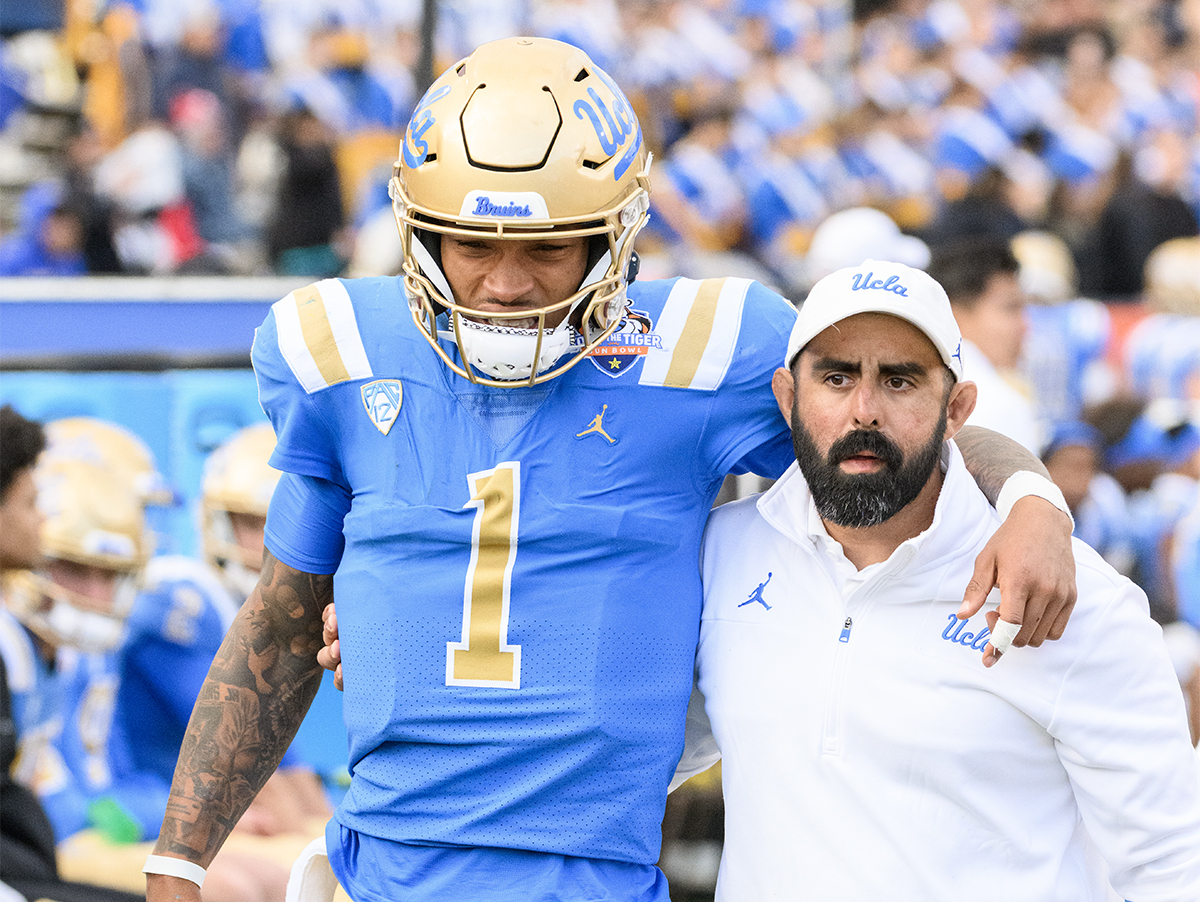
Sun Bowl Defections: A Complex Game of Football, Finances, and Opportunities
The Stakes of the Bowl Game
The Sun Bowl, a prestigious postseason college football game held in El Paso, Texas, has recently faced a significant challenge: player defections. With just over two weeks before kickoff, several key players from Washington and Louisville have announced their withdrawal from the game to prepare for the NFL Draft.
This alarming trend has raised concerns about the future of the Bowl system and its continued relevance in the era of college football.
Player Perspectives: Balancing Opportunity and Loyalty
For players, the decision to bow out of a bowl game is a multifaceted one. They must weigh the potential benefits of gaining additional exposure and experience against the risks of injury and the opportunity cost of missing NFL Draft preparation. Players making the decision to withdraw from bowl games are often the most talented, making their absence even more impactful.
In the case of Washington, several key players, including stars Zion Tupuola-Fetui and Jeremiah Alexander, have opted out of the Sun Bowl. This decision has weakened a Washington team that was already facing an uphill battle against an undefeated BYU team.
Financial Considerations
The financial incentives for players to skip bowl games are undeniable. With the increasing popularity of the NFL Draft, players are under immense pressure to perform well in order to secure a lucrative contract. With this in mind, the opportunity to prepare for the NFL Draft can outweigh the allure of a bowl game.
For example, Louisville quarterback Malik Cunningham announced his decision to withdraw from the Sun Bowl to focus on his draft stock. Cunningham is projected to be a high draft pick and is betting on his performance in the pre-draft process to improve his draft position.
Systemic Challenges: Rethinking the Bowl System
The defections from the Sun Bowl have highlighted systemic challenges within the Bowl system. The current format, in which teams play multiple bowl games each year, may no longer be sustainable in an era where players prioritize NFL Draft preparation.
There is a growing sentiment among coaches and administrators that the Bowl system needs to be overhauled. One potential solution is to reduce the number of bowl games and increase the quality of the matchups. This would make bowl games more meaningful and attractive to players and fans alike.
The Future of the Sun Bowl
The defections from the Sun Bowl have cast a shadow over the future of the event. While the Sun Bowl Association remains committed to hosting a successful game, the absence of key players could diminish the spectacle and excitement for fans.
The long-term impact of player defections on the Sun Bowl and other bowl games remains to be seen. However, it is clear that the Bowl system is at a crossroads and must adapt to the changing landscape of college football.
Conclusion: A Crossroads for College Football
The player defections from the Sun Bowl have laid bare the complexities of college football in the 21st century. Players are increasingly prioritizing their NFL Draft prospects over bowl games, while the Bowl system struggles to maintain its relevance in this shifting landscape.
It is imperative that the NCAA, conference commissioners, and bowl organizers work together to find a sustainable solution that balances the interests of players, teams, and the fans who love the game.
The future of the Sun Bowl and the Bowl system as a whole depends on their ability to adapt to these challenges and continue to provide a meaningful experience for all involved.
